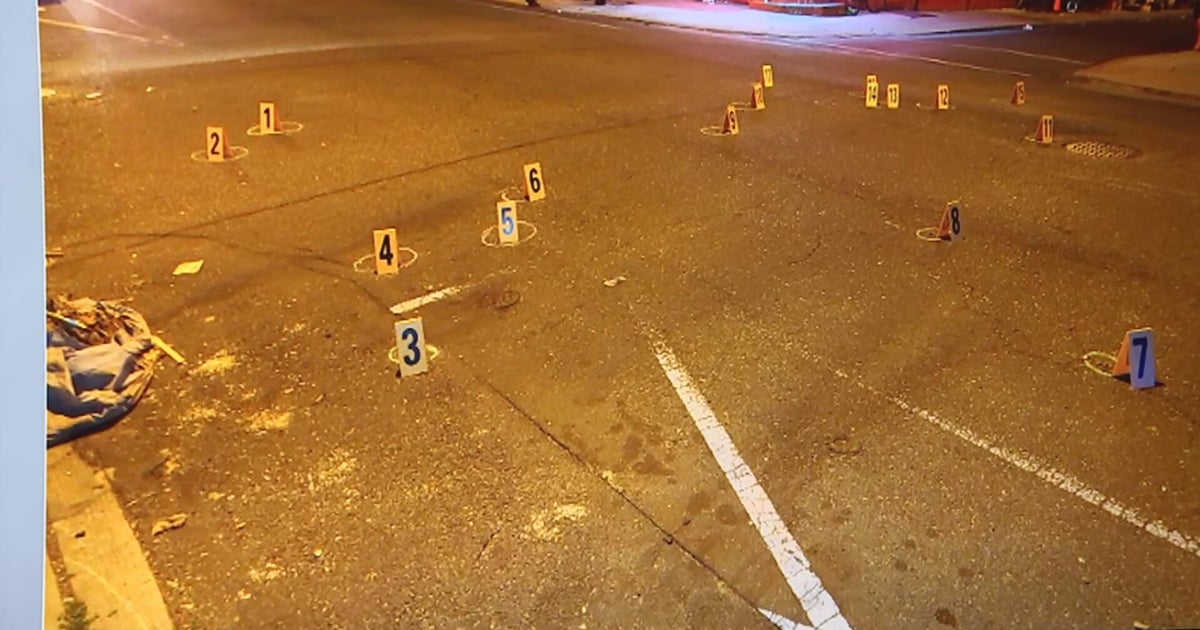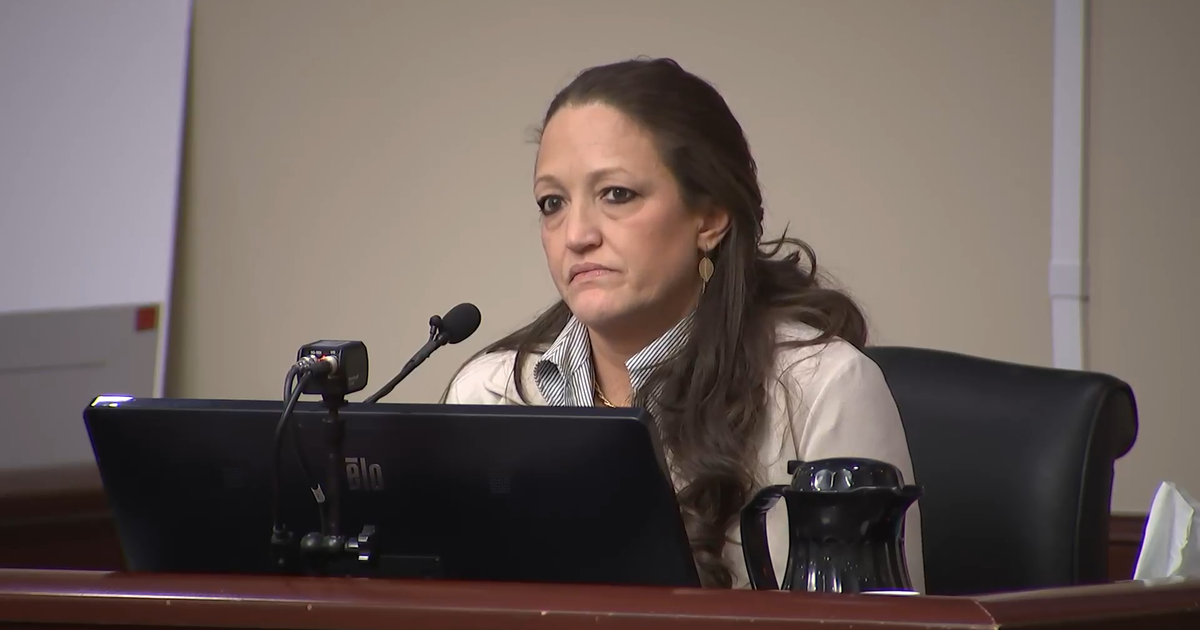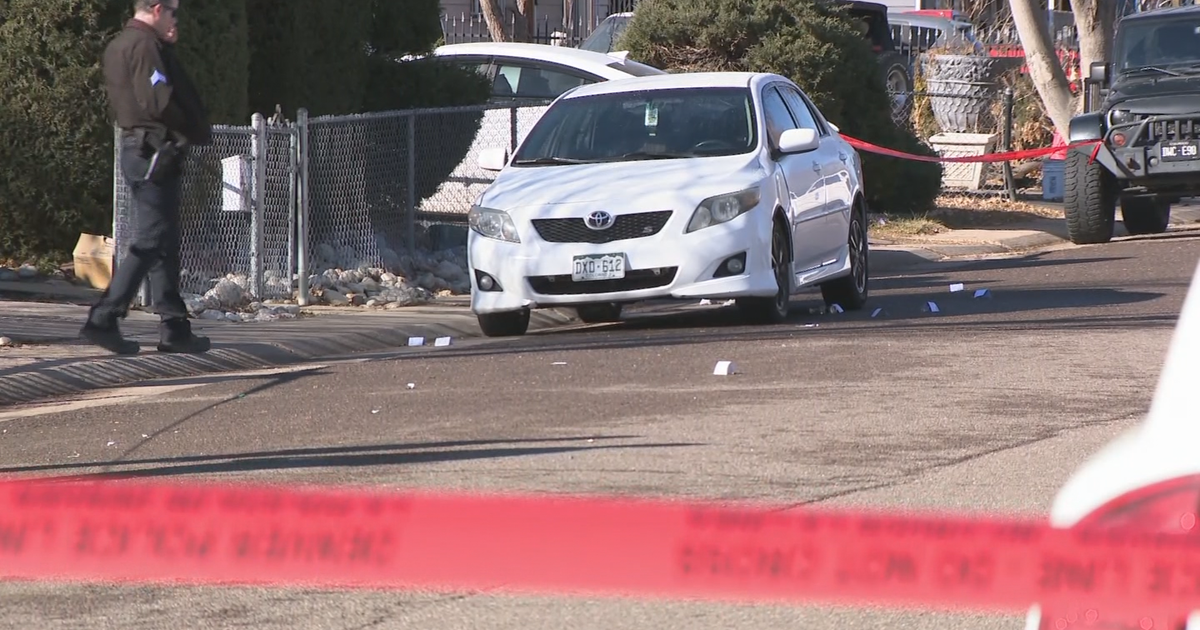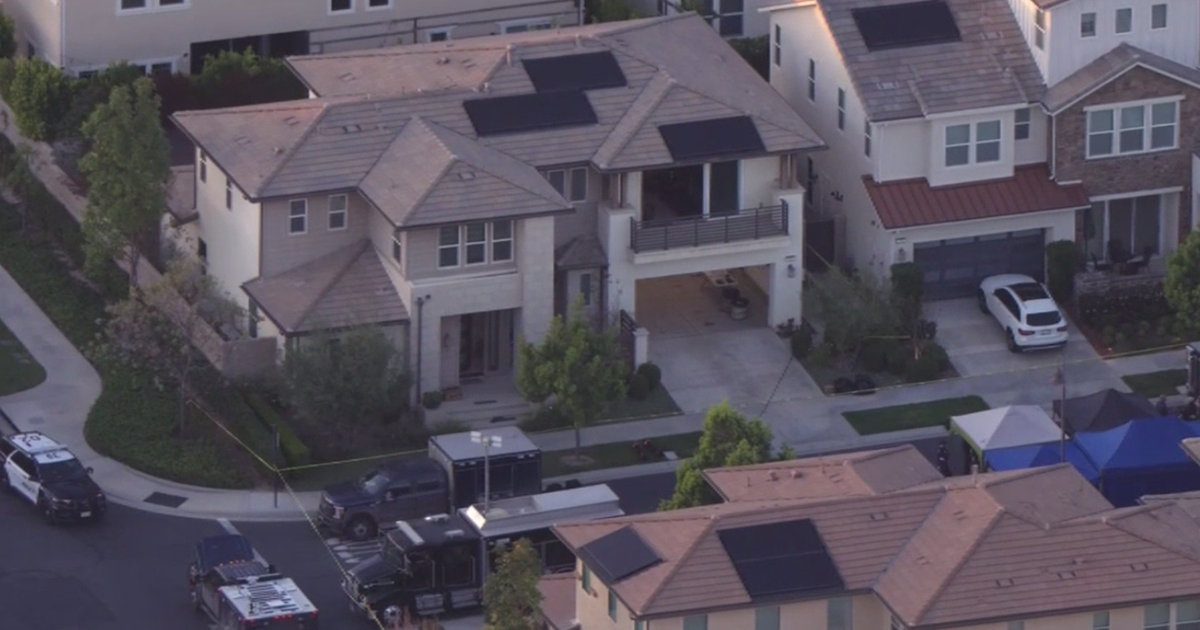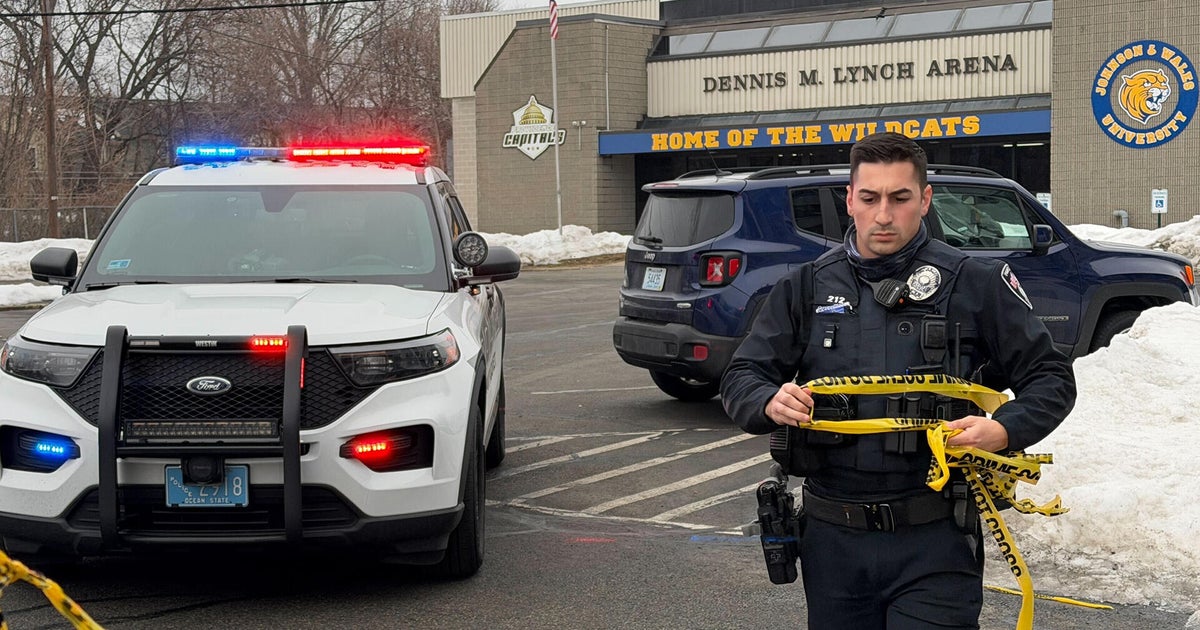Islamic State Claims Las Vegas Mass Shooting Without Proof
CAIRO (AP/CBSDFW) — The Islamic State group on Monday claimed responsibility for the mass shooting in Las Vegas, saying the perpetrator was "a soldier" who had converted to Islam months ago, without providing any evidence to support the claim.
The FBI quickly denied the claim Monday morning and said the shooter, Stephen Paddock, had no connection with the terrorist group.
The group's Aamaq news agency released two brief statements hours after the shooting at a country music concert that killed at least 58 people and wounded at least 515 others. It was the deadliest mass shooting in modern U.S. history.
IS did not name the suspected shooter, but said he had "executed the operation in response to calls to target countries of the coalition" batting the extremist group in Iraq and Syria.
Paddock, 64, of Mesquite, Nevada, and have said he killed himself after the shooting. Sheriff Joseph Lombardo said authorities believe it was a "lone wolf" attack, and the U.S. Homeland Security Department said there was no "specific credible threat" involving other public venues in the U.S.
Photo Gallery: Las Vegas Shooting
The IS group often claims attacks by individuals inspired by its message but with no known links to the group. However, it is not known to have claimed any attacks that were not at least loosely linked to it.
Before Sunday, the deadliest mass shooting in modern U.S. history took place in June 2016, when a gunman opened fire at a gay nightclub in Orlando, Florida, killing 49 people. The gunman, Omar Mateen, had pledged allegiance to IS and it claimed the attack.
The extremist organization has suffered a string of major setbacks in Iraq and Syria, where it has lost much of the territory it once claimed as part of a self-styled Islamic caliphate. However, the group remains active in recruiting followers on social media, and has repeatedly called for attacks in Western nations.
(© Copyright 2017 CBS Broadcasting Inc. All Rights Reserved. The Associated Press contributed to this report.)


